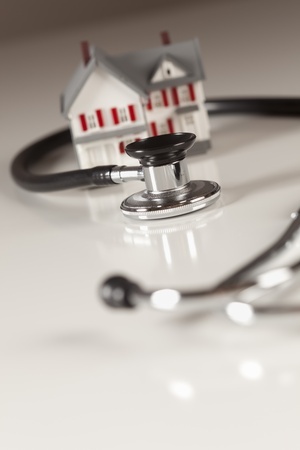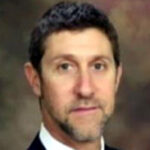Not sure which practice model is right for you? An increasing number of physicians are looking toward a growing specialty that has its roots in the past. If you don’t think doctors make house calls anymore, think again.
Not sure which practice model is right for you? An increasing number of physicians are looking toward a growing specialty that has its roots in the past. If you don’t think doctors make house calls anymore, think again.
 Home care physicians provide hospice and palliative services at home but also offer primary care through house calls. They duplicate the office setting by bringing along nurses, medical assistants, or other staff who provide assistance during the appointments. Physicians who do home health care are sometimes called residentialists, a clinician specially trained in and dedicated to providing care to patients in home or other onsite environments.
Home care physicians provide hospice and palliative services at home but also offer primary care through house calls. They duplicate the office setting by bringing along nurses, medical assistants, or other staff who provide assistance during the appointments. Physicians who do home health care are sometimes called residentialists, a clinician specially trained in and dedicated to providing care to patients in home or other onsite environments.
The primary advantage of the home care model, for many physicians, is the chance to get to know the patient in his or her own home. Not only do residentialists have the opportunity to meet more of the people involved in the patients’ daily lives, they get a chance to evaluate the safety of the patients’ home environments.
Dr. Paul Chiang, a residentialist who has conducted 25,000 house calls since 2000, also touts the benefits of being able to conduct a “refrigerator biopsy,” a peek in the fridge to make sure the patient has food, the quality of the food, and to make sure it hasn’t expired. The results of in-home docs are impressive –with home-based physicians, patients experience fewer ambulance call, ER visits, hospital readmissions, and nursing-home placements. It changes the doctor role from a reactive, crisis-oriented style of care toward a proactive, preventive approach that keeps patients healthy, productive, and at home. Home health physicians can also be specialists, like podiatrists or endocrinologists.
The future of home health care practice continues to evolve as physicians and researchers suggest that acute medical illness that would typically require hospital admission could be well managed in a patient’s home instead. The result, now known as Hospital at Home (HaH), has become an option for some patients with diseases such as cellulitis, community-acquired pneumonia, exacerbations of heart failure, or chronic obstructive pulmonary disease. As this model continues to develop, physicians who provide home health care will have even greater opportunities to care for patients in a homebased or onsite setting.
Doctors who choose to practice using this model typically work for a company that provides marketing, support staff, insurance billing, and all the necessary framework necessary for a practice to function. Patients can use one of several phone apps, like Pager, an app that sends doctors to patients’ homes and provides other telemedicine services.
David Carrozzino, a Philadelphia podiatrist who has made house calls for years, described in a recent interview how he received a package of candy in the mail from a patient’s daughter. Carrozzino always took a few pieces from the patient’s candy jar during every visit. Before dying from a massive heart attack, the woman told her daughter, “Make sure you send Dr. Carrozzino the rest of the candy.”
“I would be wrong to tell you I didn’t have a tear or two in my eyes,” he admitted. “This is the type of relationships you build. This is why I am glad I make house calls.”






